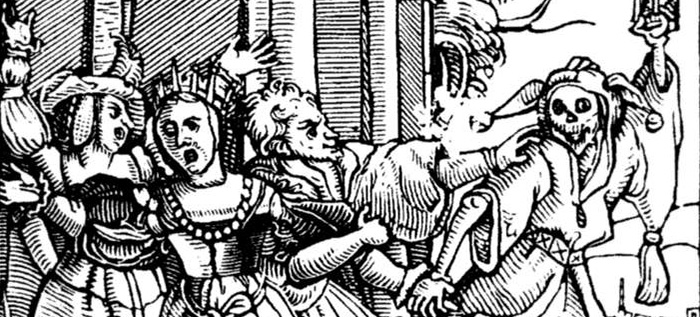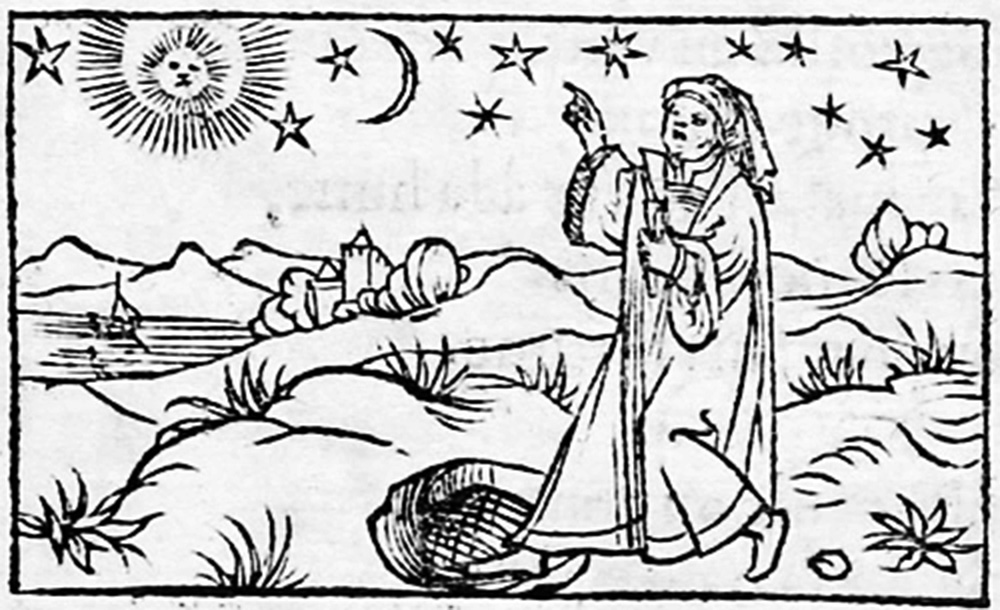August 2015
Montaigne 1.30
7 August 2015, around 6.34.

For to him whom fasting would make more healthful and more sprightly, and to him to whose palate fish were more acceptable than flesh, the prescription of these would have no curative effect; no more than in the other sort of physic, where drugs have no effect upon him who swallows them with appetite and pleasure: the bitterness of the potion and the abhorrence of the patient are necessary circumstances to the operation. The nature that would eat rhubarb like buttered turnips, would frustrate the use and virtue of it; it must be something to trouble and disturb the stomach, that must purge and cure it; and here the common rule, that things are cured by their contraries, fails; for in this one ill is cured by another.
- Cotton’s translation.[↩]
Montaigne 1.31
14 August 2015, around 19.38.

…but hold! they don’t wear trousers (215).
Montaigne’s essay ‘Of Cannibals’ covers a great deal of ground and, if it does not reach the heights of ‘Of Moderation’, nonetheless typifies his style. In the course of the essay he considers bravery, relative morality, difference of customs, as well as the impetus for imperialism. Most interesting, however, is his continued pondering of the subject of truth and how true or accurate representations of the world can be made. He contrasts the tendency, even among the most discerning, to succumb to the seductions of extravagant hearsay, for ‘…we may see how we should be on our guard against clinging to vulgar opinions, and how we should judge things by the light of reason, and not from common rumour’ (202), with the temptation of an astute observer to embroider his account of the world to make it more palatable or persuasive. It is, in short, a muddle and, to truly understand the world as it is:
…we need either a very truthful man, or one so simple that he has not the art of building up and giving and air of probability to fictions, and is wedded to no theory (204).
Crambe repetita (39)
15 August 2015, around 5.22.
Brassicae laudes longum est exsequi, cum et Chrysippus medicus privatim volumen ei dicaverit per singula membra hominis digestum et Dieuches, ante omnes autem Pythagoras, et Cato non parcius celebraverit, cuius sententiam vel eo diligentius persequi par est, ut noscatur, qua medicina usus sit annis DC populus Romanus.
in tres species divisere eam Graeci antiquissimi: crispam, quam selinada vocaverunt a similitudine apii foliorum, stomacho utilem, alvum modice mollientem; alteram heliam, latis foliis e caule exeuntibus, unde caulodem quidam vocavere, nullius in medicina momenti. tertia est proprie appellata crambe, tenuioribus foliis et simplicibus densissimisque, amarior, sed efficacissima.
Cato crispam maxime probat, dein levem grandibus foliis, caule magno. prodesse tradit capitis doloribus, oculorum caligini scintillationique, stomacho, praecordiis crudam ex aceto ac melle, coriandro, ruta, menta, laseris radicula sumptam acetabulis duobus matutino, tantamque esse vim, ut qui terat haec, validiorem fieri se sentiat.
ergo vel cum his tritam sorbendam vel ex hoc intinctu sumendam, podagrae autem morbisque articulariis inlini cum ruta et coriandro et salis mica et hordei farina; aqua quoque eius decocta nervos articulosque mire iuvari, si foveantur. vulnera et recentia et vetera, etiam carcinomata, quae nullis aliis medicamentis sanari possint, foveri prius calida aqua iubet ac bis die tritam inponi.
sic etiam fistulas et luxata et tumores, quos evocari quosque discuti opus sit. insomnia etiam vigiliasque tollere decoctam, si ieiuni edint quam plurimam ex oleo et sale; tormina, si decocta iterum decoquatur addito oleo, sale, cumino, polenta. si ita sumatur sine pane, magis profuturam. inter reliqua bilem detrahi per vinum nigrum pota.
quin et urinam eius, qui brassicam esitaverit, adservari iubet, calefactamque nervis remedio esse. verba ipsius subiciam ad exprimendam sententiam: puero pusillos, si laves ea urina, numquam debiles fieri. auribus quoque ex vino sucum brassicae tepidum instillari suadet idque etiam tarditati audientium prodesse adseverat, et inpetigines eadem sanari sine ulcere.
- Translation available at Perseus – and his many suggested medicinal uses for the cabbage are… edifying.[↩]
Montaigne 1.32
21 August 2015, around 7.49.

We can neither understand the arbitrary and personal meaning of the stars, nor why Heliogabalus died in a privy. 1 Montaigne seems to suggest that we should be content with not knowing and, while he would believe in a greater meaning for these things – a meaning perceptible only to Providence – it does seem the more prudent course. Though naturally one is free, pace our essayist, to doubt whether that greater significance exists at all.
- Along with Arius (as vividly described by St. Ambrose) & Pope Leo (217).[↩]
Montaigne 1.33
28 August 2015, around 20.15.
I had never seen it either enjoined or practised, until that passage of Seneca fell into my hands, where, counselling Lucilius, a powerful personage and of great authority with the Emperor, to give up his life of pleasure and ostentation, and retire from worldly ambitions to a life of solitude and philosophic repose, to which Lucilius opposed some difficulties, he said: ‘My advice is, that either you quit this life you are leading, or life altogether; I do indeed counsel you to follow the easier path, and to untie rather than cut the knot you have tied so badly, provided that you cut it, if it cannot be otherwise untied. There is no man so cowardly but that he would rather fall once for all than be always tottering.’ I should have expected this advice to be conformable to the hard doctrines of the Stoics, but it is more strange that it should be borrowed of Epicurus, who writes in a similar vein and on a like occasion to Idomeneus.
Quod interest inter splendorem et lucem, cum haec certam originem habeat ac suam ille niteat alieno, hoc inter hanc vitam et illam; haec fulgore extrinsecus veniente percussa est, crassam illi statim umbram faciet quisquis obstiterit; illa suo lumine inlustris est. Studia te tua clarum et nobilem efficient.
There is the same difference between these two lives as there is between mere brightness and real light; the latter has a definite source within itself, the other borrows its radiance; the one is called forth by an illumination coming from the outside, and anyone who stands between the source and the object immediately turns the latter into a dense shadow; but the other has a glow that comes from within. It is your own studies that will make you shine and will render you eminent.
